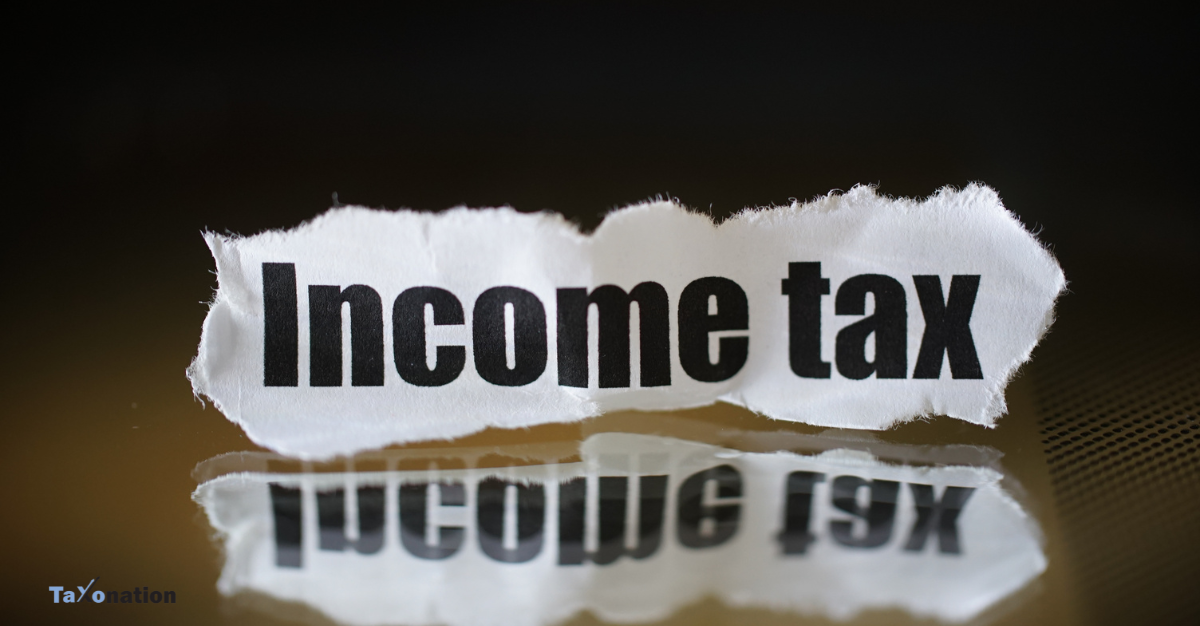
Introduction
In a recent appeal before the Tax Tribunal, the Assessee, a public trust with a noble objective of providing educational, medical, and social upliftment through computer training, found themselves embroiled in a dispute regarding the denial of exemption under Section 11 of the Income Tax Act, 1961. The root of the issue lay in the delay in filing Form No. 10B for the Assessment Year 2017-18. This article explores the case in detail and delves into the legal implications of such delays for charitable trusts.
The Case
The Assessee trust had been registered under Section 12AA since the Assessment Year 2008-09. For the Assessment Year 2017-18, they filed their Income Tax Return on January 29, 2018. The issue arose when the Central Processing Centre (CPC) issued communication on August 22, 2018, and October 9, 2018, directing the Assessee to file Form No. 10B by November 7, 2018. In response, the Assessee uploaded Form No. 10B on October 17, 2018.
However, the CPC, while passing an intimation order under Section 143(1) on March 27, 2019, denied the Assessee the benefit of exemption under Section 11, stating that Form No. 10B was not filed along with the Return of Income.
The Assessee subsequently filed a rectification application, which was rejected on October 5, 2020, based on Circular No. 10/2019 dated May 22, 2019, which stated that the delay in filing Form No. 10B could be condoned only if the Audit Report for the previous year was obtained before the filing of the Return of Income and furnished subsequently but before the date specified under Section 139 of the Act.
The Assessee's appeal before the National Faceless Appeal Centre (NFAC) was also unsuccessful. The NFAC upheld the denial of exemption under Section 11, citing the non-filing of Form No. 10B before the specified date under Section 139.
Grounds of Appeal
Aggrieved by these decisions, the Assessee raised the following grounds of appeal:
The NFAC erred in law and in the facts of the case in confirming the order of the AO in denying exemption under Sections 11 and 12 of the Act.
The NFAC erred in law and in the facts of the case in confirming the action of the AO in allowing prima facie adjustment under Section 143(1)(a) of the Act.
The NFAC erred in law and in the facts of the case in confirming the action of the AO in not allowing rectification of its order under Section 154 of the Act.
Legal Implications
The core issue in this case revolved around the delay in filing Form No. 10B, which is mandatory for charitable trusts seeking exemption under Section 11 of the Income Tax Act. However, the crucial question is whether such delays should result in the denial of exemption, or can they be condoned based on equitable principles?
In various judicial decisions, including those by the Gujarat High Court and the Mumbai Bench of the Tribunal, it has been established that the filing of Form No. 10B should be treated as a procedural requirement rather than a substantive one. These decisions emphasize that substantial compliance with the requirement should be sufficient.
In essence, the judiciary has recognized that while compliance with procedural aspects is important, it should not lead to the denial of exemption to genuine charitable trusts. Therefore, delays in filing Form No. 10B, if they do not fundamentally undermine the trust's charitable nature, should not automatically result in the forfeiture of exemption.
Conclusion
The case of the Assessee illustrates the need for a balanced approach in matters of tax compliance for charitable trusts. While adhering to the procedural requirements is essential, undue strictness in enforcing these requirements can be counterproductive. The judicial precedent emphasizes the importance of considering the substance of the trust's charitable activities over procedural lapses.
In light of these principles, it is essential for the tax authorities to take a more lenient view of delays in filing Form No. 10B, especially when the trust's objectives are genuinely charitable. By doing so, they can encourage and support organizations working towards the betterment of society while ensuring compliance with the law.
Topic-Shree Charitable Trust versus Income Tax Officer
Court-ITAT-Ahmedabad
Date-05/07/2023
Team Taxonation
Comment: